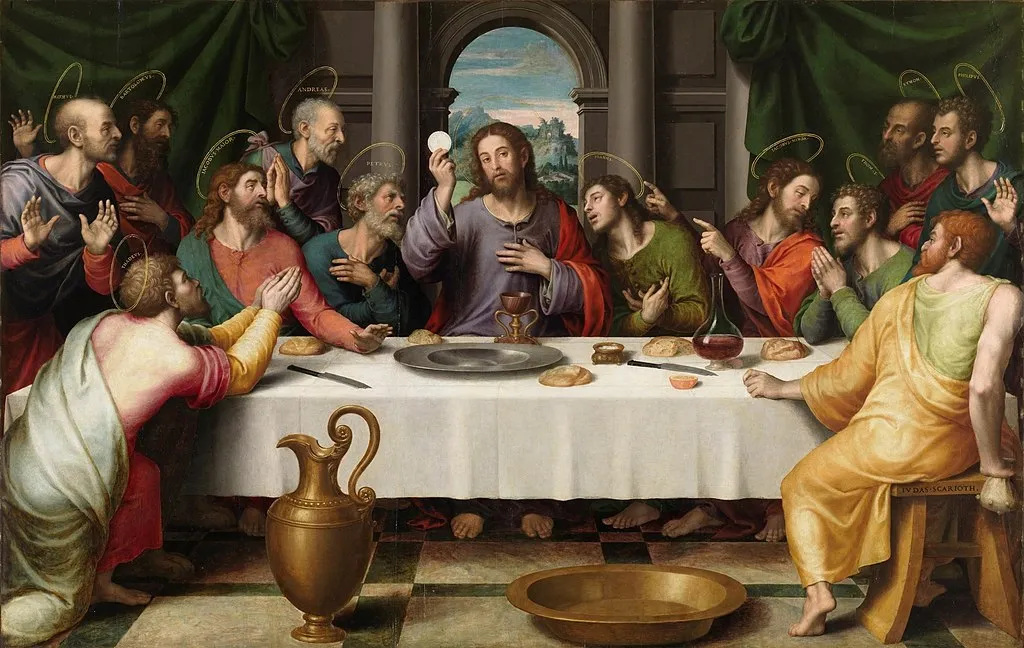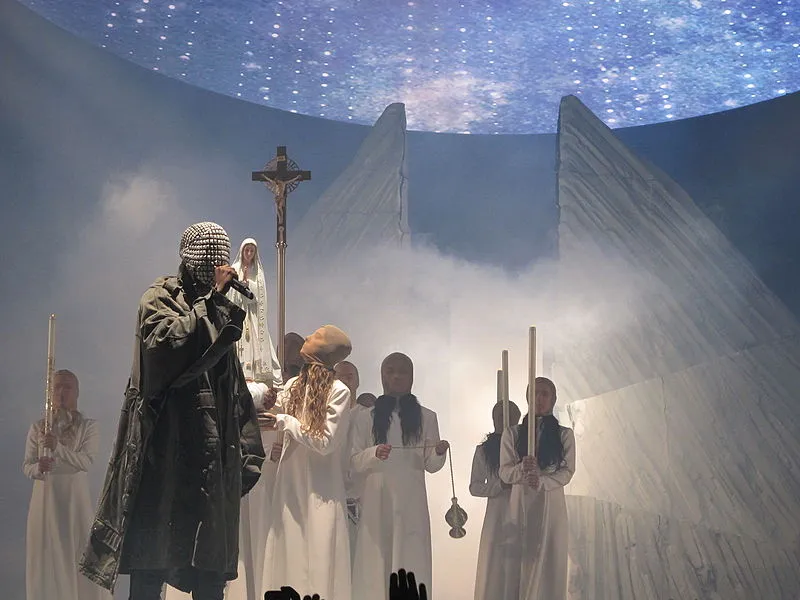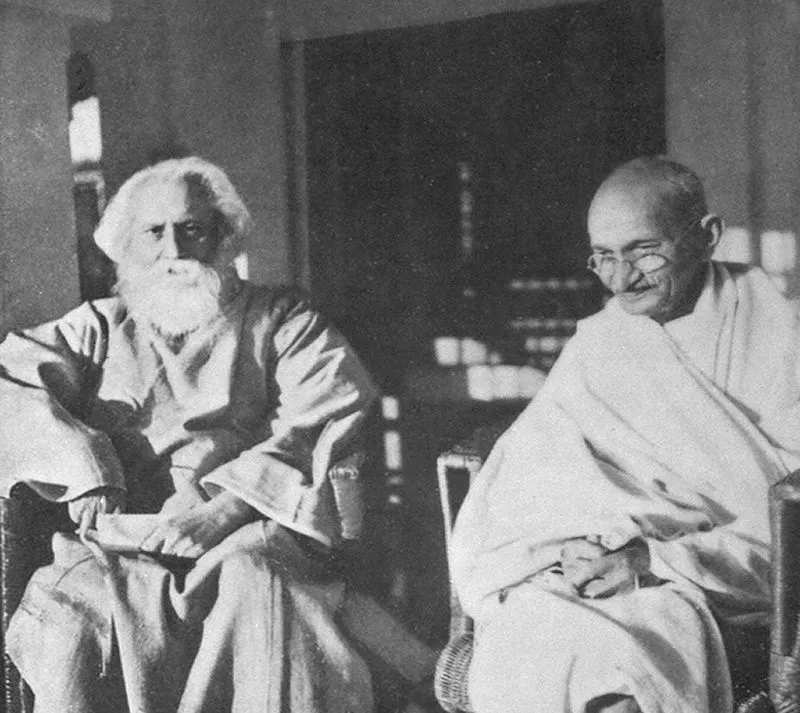Today, Gandhi would be hatching dank memes behind a VPN. He would know that preaching on the street would see him kettled by riot police. Today, Jesus wouldn't overturn the tables of the money-lenders in the 'temple'. He would know he would be arrested on the floor of the stock exchange by Homeland Security and strip searched at gunpoint before being waterboarded. Instead, he would launch his own cryptocurrency and undermine debt-based currency by superseding it.
The modern revolutionary is quiet, invisible, and fiercely intelligent. The modern revolutionary is unknown; and she will remain so.

Jesus couldn't launch an anonymous ICO, so the state executed him for his financial revolution
Learning from the failure of history's Messiahs
Revolutionaries used to come in the form of quasi-mythological figures like Jesus, Gandhi, Che Guervara or Martin Luther King. But the modern revolutionary knows that visibility makes him or her a target for attack. The modern revolutionary knows that the oppressor wants him to become an icon; to become visible and celebrated, because then the oppressor can kill or harass him. The state wants activists to Kanye themselves, so that the oppressor knows where to target their attacks.

Kanye West's public rebellion against the state has marked him out for attack by the establishment.
Rebels without a name
The modern revolutionary is clever, and goes by a personal pseudonym, like Satoshi, or a collective pseudonym, like Anonymous. But the most effective modern revolutionaries are not seen at all; have no known names; and will die unknown. As was written in the Tao Te Ching:
“The best leaders are those their people hardly know exist.
The next best is a leader who is loved and praised.
Next comes the one who is feared.
The worst one is the leader that is despised …
The best leaders value their words, and use them sparingly.
When they have accomplished their task,
the people say, “Amazing!
We did it, all by ourselves!”
The death of the visible revolutionary
We are taught through mythology and history to view heroes and revolutionaries as figures of public awe and reverence. But could this actually be the means by which governing powers program us to flag ourselves up for attack? Because we are indoctrinated with the vision of revolutionary as heroic celebrity, the temptation is to follow this pattern and single ourselves out from the general population.
Just as oppressive states know exactly how to dismantle a public protest, they are also well-practiced in the art of discrediting or murdering any leader who seeks equality or justice. The assassination of public leaders, or the unrelenting harassment of leaders, is a well-practiced technique that powerful states have developed to quell dissent.
In short: Governments condition their citizens in childhood with the myth of the public revolutionary. Then, when those children grow into adults, if they start a revolutionary movement, they will 'act-out' that 'revolution' in ways that the oppressor has programmed them to do so; ways in which the oppressor knows are easy to spot and destroy.
So: not only are we subconsciously schooled in the means by which to comply with authority; we are also programmed with the means by which to resist it.
Resistance is not futile, but the way we have been programmed to resist is often futile.
Our public displays of leadership then makes our assassination or discrediting a simple task. Such was the fate of Martin Luther King; Jesus; Ghandi; JFK, to name just a few.

Ghandi was hampered by the lack of an anonymous internet connection. And the lack of an internet.
Modern revolution starts with anonymity
The media machine of the oppressor knows exactly how to target an individual for harassment or violence. It does not know, however, how to attack an invisible opponent, or a decentralized movement. The state often relies on the human propensity to accept ad-hominem attack on public figures, but it is harder to attack a revolution when it comes from all places at the same time, and with no face.
Instead of the next generation of leaders offering themselves up to the oppressor through public speeches and rallies, these revolutionaries will enact change through the architecture of new technology. For example, nothing did more to destroy the prominence of oppressive organized religion than the invention of the electric light-bulb.
In a similar way, Bitcoin has done more to prepare the way for the abolition of debt-based fiat currency than the public protests of the Occupy Movement ever achieved.
The technologies of our new revolutionaries will always outpace those of the oppressor, and exponentially. This is for the simple reason that love is a state of higher-consciousness and ultimately produces better, more enduring technologies. Our oppressors taught us the concept of 'fighting' but we are learning not to use this same concept against them.
Instead of wasting our energy fighting the things we hate; we're building the things we love.
Welcome to the quiet revolution.
What do you feel? Is anonymous revolution the future of dissent and action? Or should we keep looking to messiahs, revolutionaries and Kanyes to enact social change? Let me know in the comments section below. I'm open to other ideas.